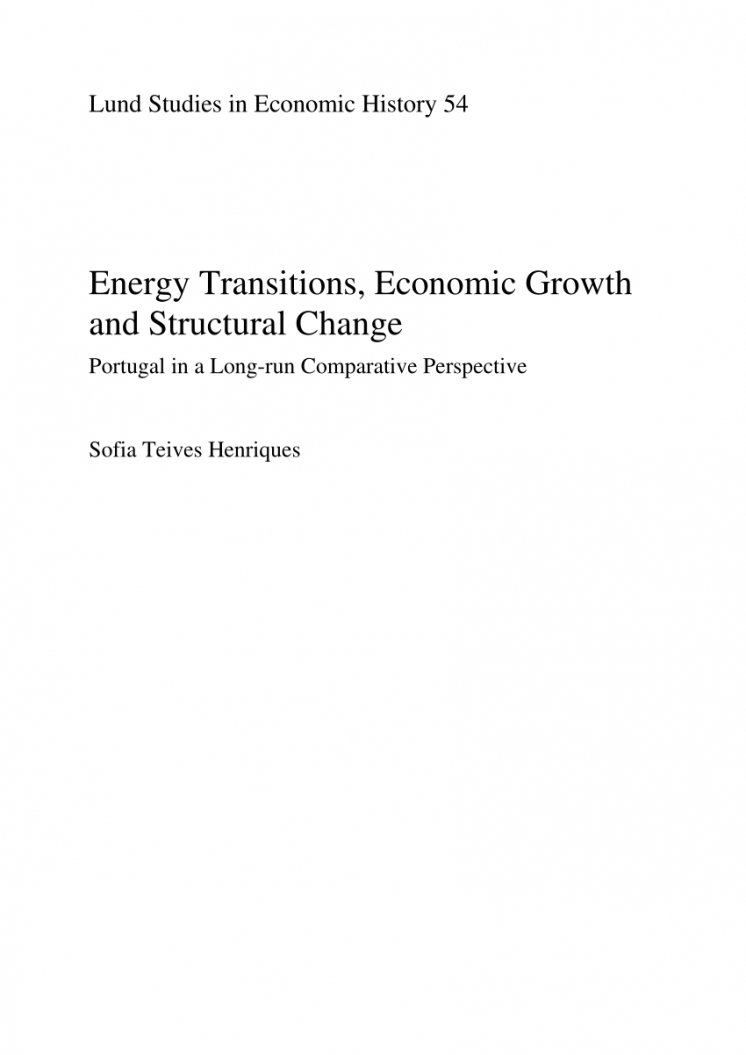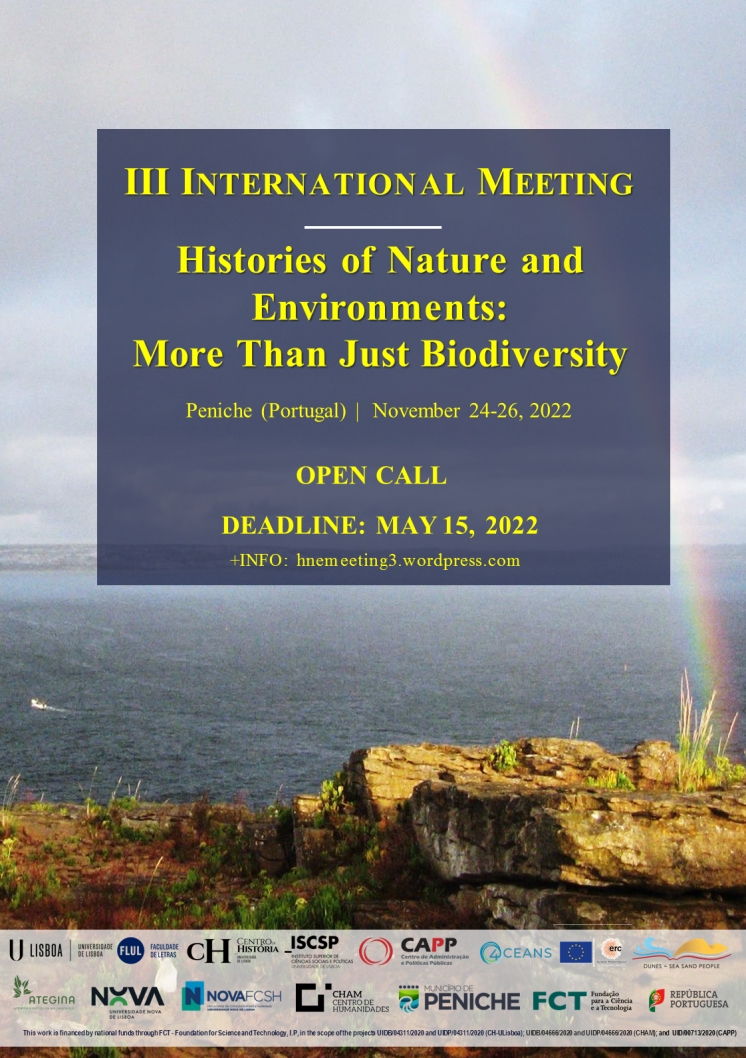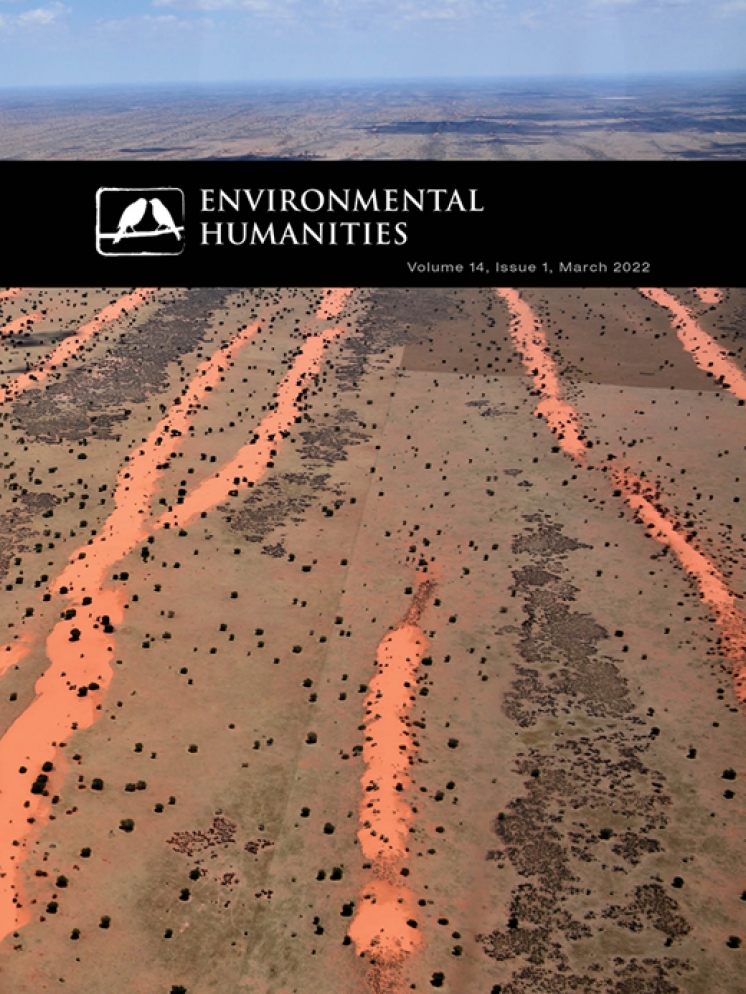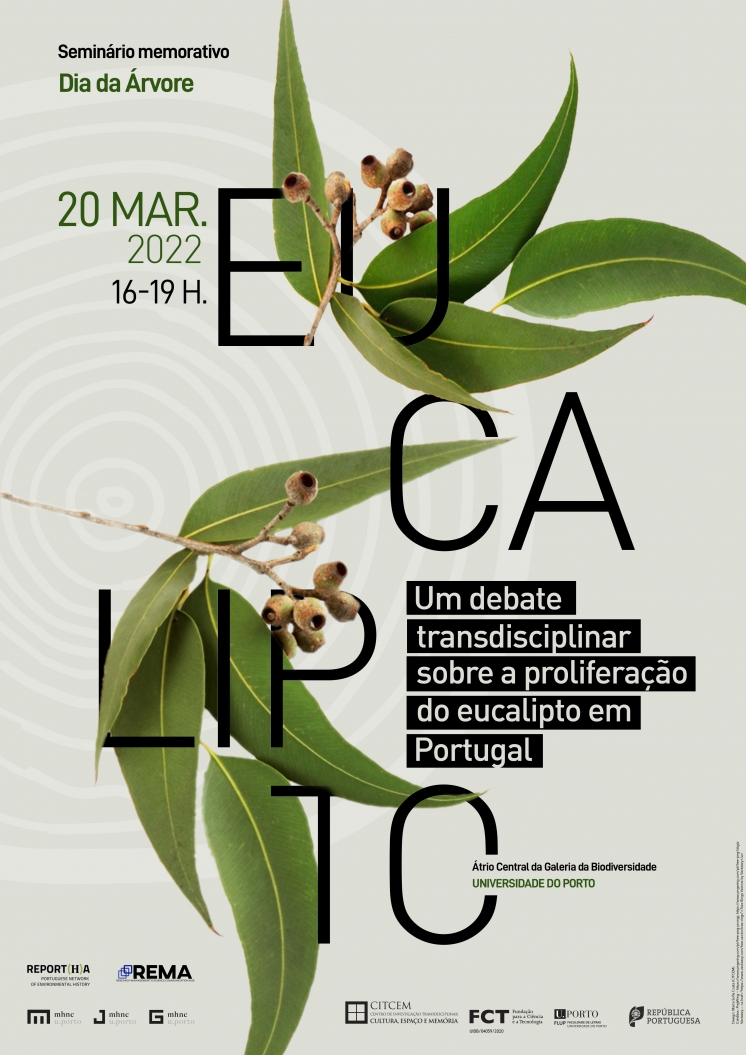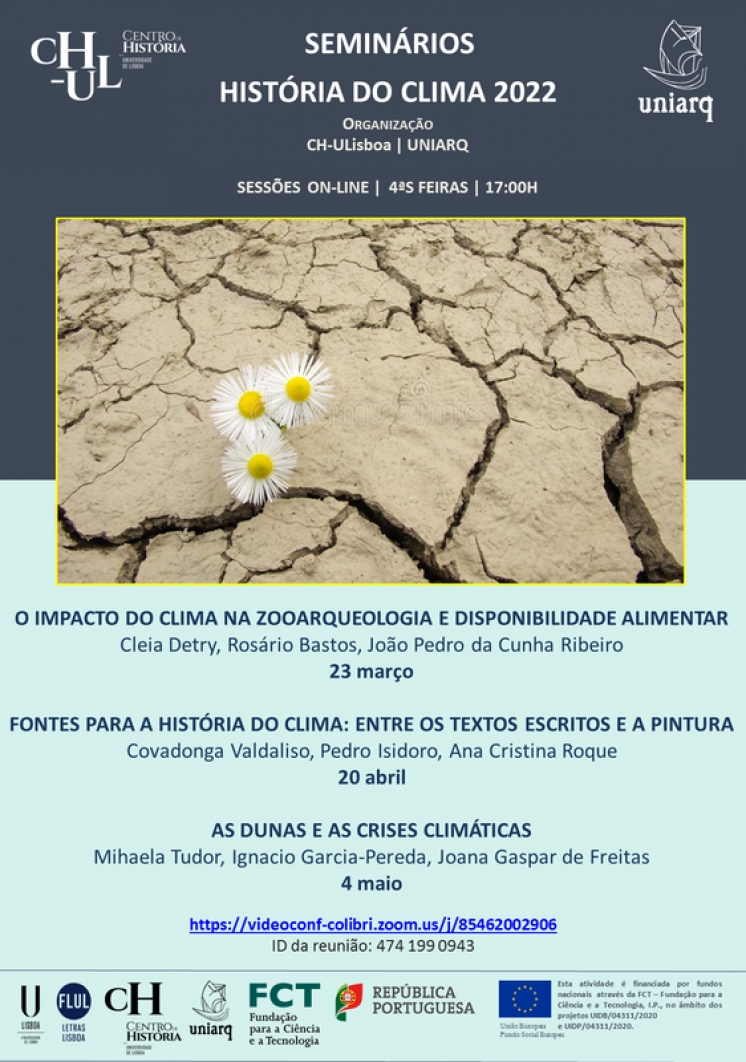Henriques, S.T. (2011) Energy Transitions, economic growth and structural change: Portugal in a long-run comparative perspective
Modern economic growth previously implied a shift in the quantities and quality of energy, from renewable energy sources towards fossil fuels and electricity. This shift brought stress to the environment with climate change being one of its most serious consequences. Another shift from fossil fuels to low carbon energy now seems to be an essential pre-condition for a sustainable future. The changes in the energy system that accompany economic growth are normally referred to as energy transitions. This thesis aims to analyze, in an international comparative context, Portugal’s energy transitions in the period 1856-2006. The analysis will contribute to two strands of debate: one in economic history, on the role that energy plays in boosting industrialization, and the other in environmental history, on the environmental consequences of long-run economic growth.

